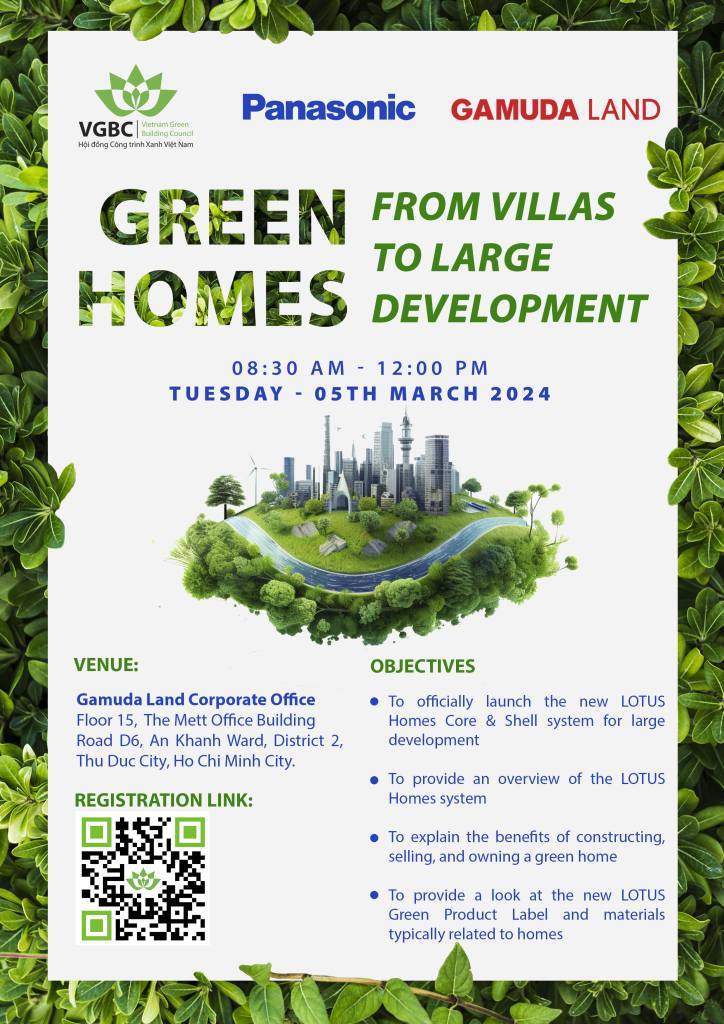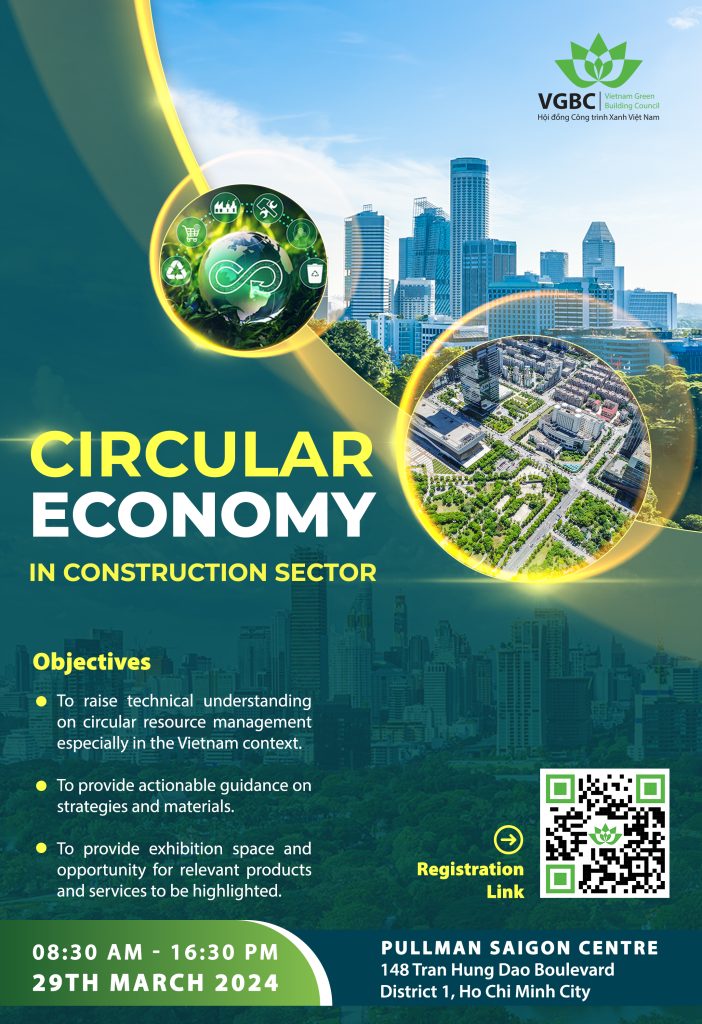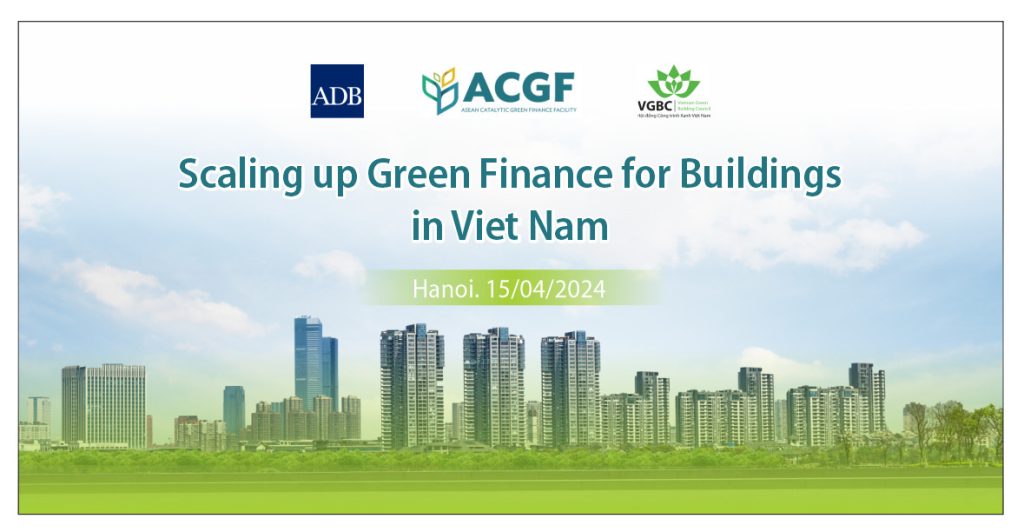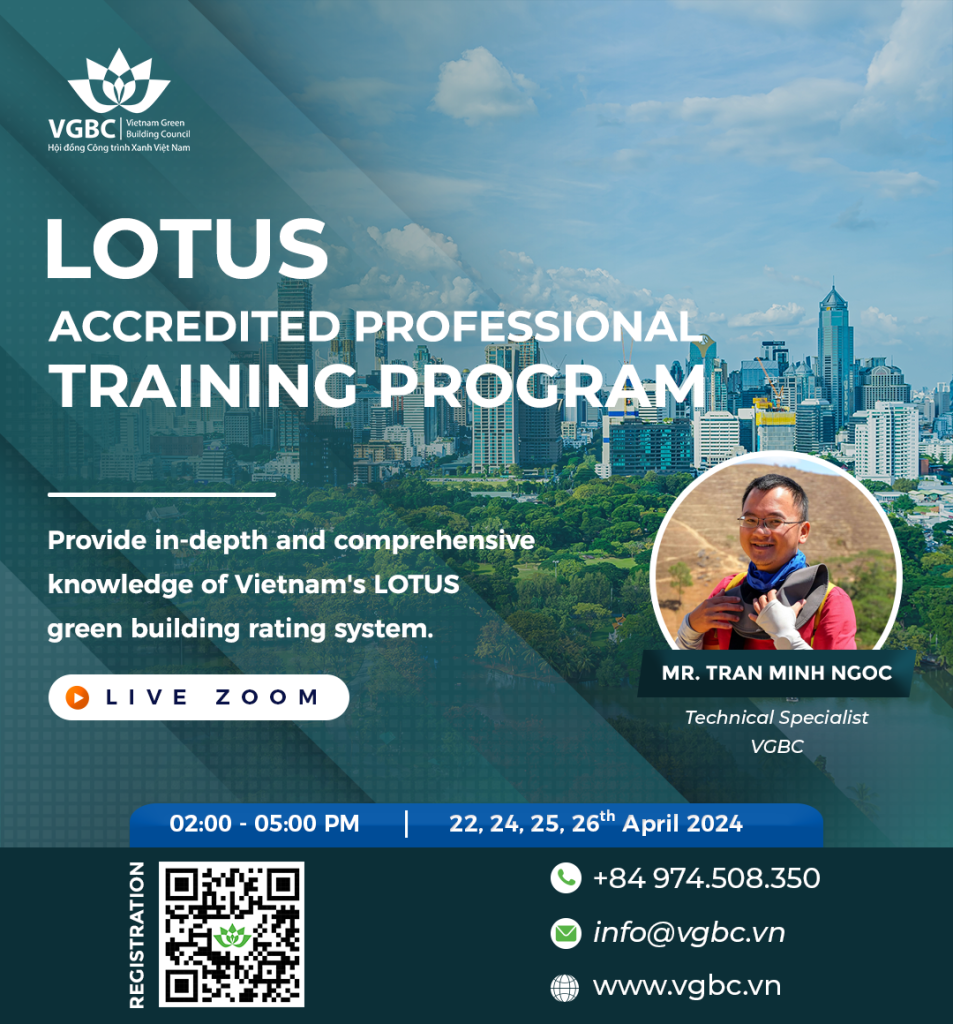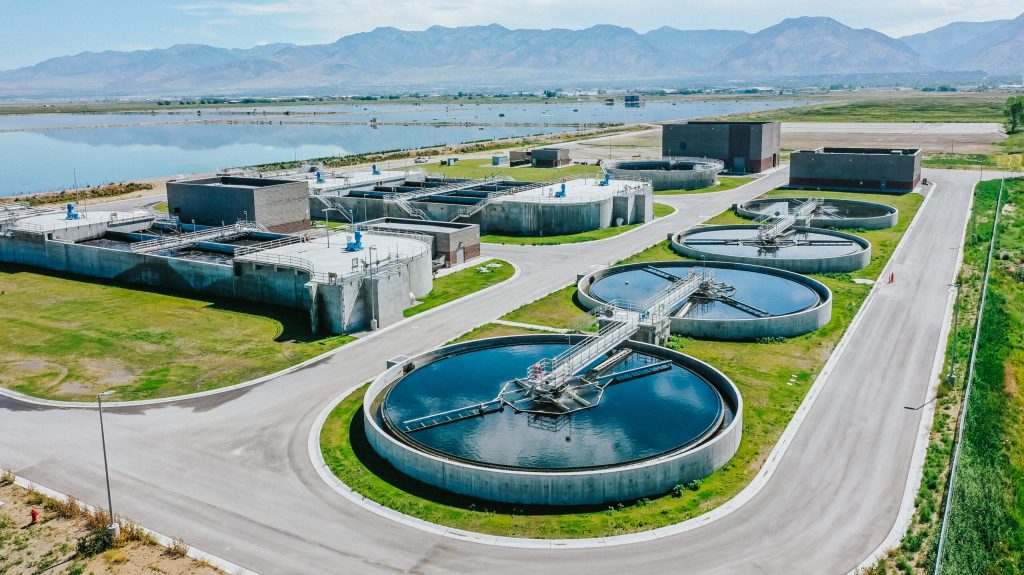Fifteen years on from the Millennium Development Goals, the United Nations released the Sustainable Development Goals this September. The Sustainable Development Goals are a set of 17 global goals to end poverty, protect the planet, and ensure prosperity for all as part of a new sustainable development agenda. Each goal has specific targets to be achieved over the next 15 years. These goals were unanimously adopted by world leaders at the UN General Assembly on 25 September 2015.

United Nations’ 17 Sustainable Development Goals to 2030 (Image Source: United Nations 2015)
Green building in Vietnam will directly contribute to the realisation of a number of these goals, and indirectly to almost all seventeen goals.
Goal 7 – Affordable and Clean Energy
Goal 7- Affordable and Clean Energy sets a target to double the global rate of improvement in energy efficiency by 2030. Buildings account for approximately 40% of global energy usage. Therefore designing and developing more energy efficient buildings is key to achieving this target. Passive building design, coupled with the use of energy efficient lighting and appliances results in a dramatic reduction in the energy consumption of a building.
Further, using environmentally friendly building materials can reduce energy consumption of the overall construction process. Although not every development will pursue green building certification; design guidelines, benchmarks and green building criteria provide a ‘how-to’ to improving energy efficiency of buildings. Green building also encourages the use of alternative energy sources such as small scale solar, wind and trigeneration.
Goal 11 – Sustainable Cities and Communities
Goal 11 focuses on the city as a whole, including safe and affordable housing and basic services, efficient transport systems, disease prevention, climate change adaptation and reduction in the adverse environmental impact of cities. Although green building only offers solutions on a site by site basis, these solutions are critical to achieving sustainable cities and communities. Green building encourages the location of development around existing transport and community services as well as setting clear controls for polluting materials, waste management and air and water quality.
Beyond this, the green building sector is driving technological innovation that will help to make our cities healthier and more environmentally friendly places to live.
Goal 13 – Climate Action
Vietnam is listed as the 5th most susceptible country to the impacts of climate change. Goal 13 – Climate Action targets international action on climate change to strengthen resilience and adaptive capacity to climate-related hazards and natural disasters. Climate change mitigation and adaptation are a focal point of the LOTUS green building certification developed specifically for Vietnam. Actions relate to reducing the urban heat island effect, flood mitigation measures as well as reducing greenhouse gas emissions.
Indirect Contribution of Green Building
There is a multitude of ways in which green building will contribute to the realisation of all the Sustainable Development Goals. These include reduced consumption and increased recycling, more sustainable water use and reuse, improvements to the health and safety of buildings, reducing the impact of buildings and construction on the natural environment (both aquatic and terrestrial).
However, possibly the largest way green building will contribute to the realisation of these goals is through increased awareness of how our built environment contributes to climate change, health and wellbeing, the natural ecosystem and the economic development of communities. Further, the Vietnam Green Building Council is continuing its efforts to provide education opportunities, in both English and Vietnamese, to increase awareness and understanding of green building solutions and how these can help to create a more sustainable built environment.
You can read more about the UN Sustainable Development Goals here.
Statement from UN General Assembly Seventieth Session, 4th, 5th & 6th Meetings, 25 September:
“TRUONG TAN SANG, President of Viet Nam, said the Sustainable Development Goals could not be realized in circumstances of war, conflict or instability. It was therefore incumbent upon countries to find peaceful solutions to conflicts, exercise self-restraint and strengthen cooperation on the basis of equality and mutual benefit. Having achieved most Millennium Development Goals ahead of schedule, Viet Nam believed that the success of the 2030 Agenda required strong political will and effective mobilization of domestic resources. The United Nations should play the critical coordinating role in strengthening the global partnership for sustainable development. To that end, he urged developed countries to support their developing counterparts particularly through capacity-building, technology transfer, trade facilitation and access to financial resources.”

 Tiếng Việt
Tiếng Việt
